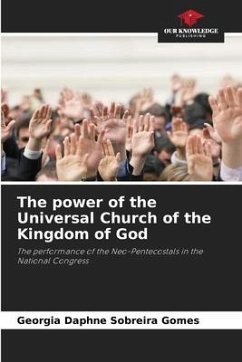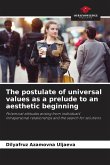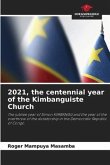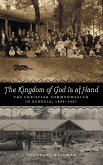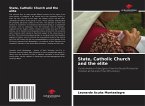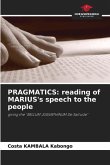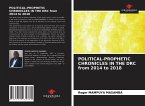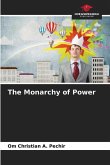This book has as its backdrop the emergence of new religious movements at the world level in contemporary times, a phenomenon closely linked to the new contours that religion and religiosity present in the culture of the crisis of modernity, marked under the sign of globalization in different fields. From the reflection on this new paradigm, we seek to analyze the advance of neo-Pentecostalism in Latin America, based on its spectacular ascension over the Roman Catholic tradition of the continent. In this context, the emergence of a diversity of Pentecostal denominations is located, the neo-Pentecostals, whose performance distances itself from historical evangelism and inaugurates new operational forms, reproducing the capitalist culture in its current stage. The focus adopted concentrates on the enlargement of their activities to the political field, in the last ten years, on which they have been acting in defence of their interests. In Brazil, the Universal Church of the Kingdomof God - IURD stands out in this sense. It is with focus on its political-party activities and the results of a field research that we analyze the implications of the insertion of the Universal Church in politics and democracy.
Bitte wählen Sie Ihr Anliegen aus.
Rechnungen
Retourenschein anfordern
Bestellstatus
Storno

